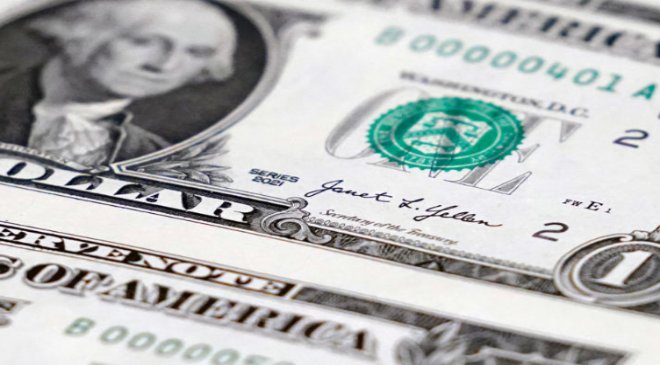Fears of the federal government hitting its “debt ceiling” spiked Friday, after Treasury Secretary Janet Yellen sent a letter to party leaders in Congress urging them to raise the limit before the expected deadline Thursday.
Congress can avert economic disaster by increasing or suspending the limit, as they have done numerous times in the past. However, House conservatives are threatening to delay the process by demanding deep spending cuts a Democratic Senate and White House have already signaled they won’t accept.
Economic experts say failure to raise the ceiling would have national and worldwide economic consequences, with impact felt by Americans in numerous ways.
Also Read– ‘Fiscally demented:’ In MLK Day remarks, Biden attacks Republicans’ legislative priorities
What is the debt ceiling and why does it matter?
- Definition: The debt ceiling is the maximum amount the U.S. government can spend to pay its existing obligations, including Social Security and military salaries.
- What it is not: A vote to spend more money. Without a higher ceiling, the government would have to default on bills already incurred that they already committed to pay.
- The latest: Congress is expected to hit the ceiling Thursday (Jan. 19), Yellen said in her letter. Despite the deadline, the Treasury Department can take “extraordinary measures” to keep paying its debt for several more months.
- Impact: If the federal government defaults on payments, ramifications could include a stock market crash, recession and rise in unemployment, according to experts.
What happens if the limit is not raised?
If Congress fails to raise the debt ceiling, the government would automatically default on its payments. In the more than 100 years since the limit was enacted, this has never happened.
“Failure to meet the government’s obligations would cause irreparable harm to the U.S. economy, the livelihoods of all Americans, and global financial stability,” Yellen wrote in her letter to leaders of both parties in both chambers.
Even the threat of default could cause economic downturn, as happened in 2011, when the country’s credit rating dropped as a result of the drawn-out debt ceiling debate.
Also Read– Republicans look for Hunter Biden connection as documents furor roils White House
What are the solutions on the table?
While Thursday is the anticipated limit deadline, Yellen said the Treasury will take “extraordinary measures” expected to tide the government over until at least early June.
In the meantime, Congress will continue negotiations. House Republicans, led by Speaker Kevin McCarthy, are expected to use the debate as leverage to push for spending cuts.
“We’ve got a Republican House, a Democratic Senate. You’ve got the president there,” McCarthy told Capitol Hill reporters Tuesday. “I think it’s arrogance to say: ‘Oh, we’re not going to negotiate about anything, especially when it comes to funding. If anyone had a child and their credit card kept hitting the limit, you’d want to change the behavior.”
One contingency plan by Republicans, not made public yet and reported by Washington Post, would have the government making payments based on a list of priorities. Under this plan, critical expenses such as debt interest and Medicare would be paid off, while leaving out other obligations including Medicaid and border control.
Democrats have said that such a proposal would be a non-starter, though. White House Press Secretary Karine Jean-Pierre said in a briefing Monday the administration would not be open to negotiations and that Congress needs to solve the issue “without conditions.”
“This is not a plan. It is a recipe for economic catastrophe,” Jean-Pierre said. “This is the duty of Congress. This is something that is their basic duty to deal with the debt ceiling … It should not be used as a political football,” she added.
This is not the first time the GOP has proposed the strategy. But experts then and now have warned against it, saying the approach will not stave off economic downfall.
What have lawmakers had to say?
After the House passed a rules package that makes raising the limit more difficult, Majority Leader Steve Scalise, R-La., said a priority for Republicans is ending what they see as a cycle of overspending.
“Shouldn’t we have an honest conversation about how to start living within our means, how to make sure we’re not spending money that we don’t have before that comes up?” Scalise said.
Also Read– ‘The evidence is powerful’: Trump’s political future could be on the line following judge’s ruling
Democrats including House Minority Leader Hakeem Jeffries and Senate Leader Chuck Schumer say they “want to move quickly” to avoid a potential recession.
“The debt limit was increased in a bipartisan way three times when Donald Trump was President, twice when Republicans had majorities in the House and Senate. This time should be no different,” Jeffries and Schumer wrote in a statement.































